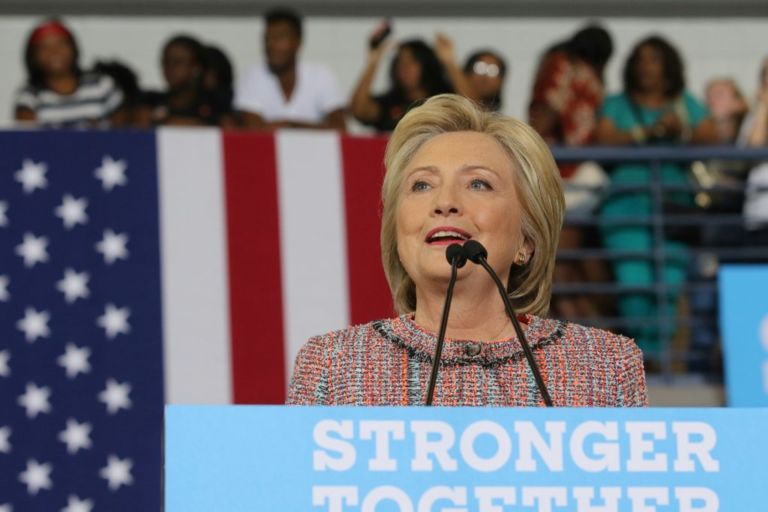Interesting situation here–then again practically anything dealing with Greensboro’s International Civil Rights Center and Museum is interesting. And not necessarily in a good way.
News & Record follows up a Wilmington Journal article where museum chief financial officer John Swaine claims the museum’s power was nearly cut off because it was behind on its Duke Energy bill:
In a December 18, 2016 email response to officials with Duke Energy, regarding a $19,781.38 outstanding utility bill, Swaine wrote, “As you are aware, a number of organizations have pulled back support for the institution as a direct result of negative news coverage, which has made it more difficult to seek support.” Swaine , who indicated that ICRCM had just sent in an $11,730.00 partial payment, asked that a scheduled utility service disconnection be postponed while he raised an additional $8,000 to forestall any further action.
Swaine says the museum has paid Duke Energy, which now controls the facility’s electricity and gas, over $1.2 million for service through the years but still squabbles when it comes to making sizable donations to the institution.
Now the power bill issue was the N&R’s lede, but read the Wilmington Journal article and you’ll note it’s an overly sympathetic– practically PR—piece. The article makes sure to point out that Greensboro’s political climate hasn’t been friendly to the museum (emphasis mine):
And it doesn’t help that there has been vocal opposition to the very existence of the ICRCM from politicians.
…(O)fficials in the city administration, including the city manager (who serves on the ICRCM board) and Councilman Mike Barber, among others on the City Council, have also thrown shade on the viability of the civil rights museum. Mayor Nancy Vaughn even raised the prospect of the city’s taking the museum over.
The council gave ICRCM a $1.5 million forgivable loan in 2013, with the final payment installment now due by February 2018. Yet, there has been controversy about the timeliness of the payments.
But Swaine’s ‘throwing some shade’ too, telling the Journal there are no concrete plans to purchase another building or house the Rev. Jesse Jackson’s papers—which runs contrary to what attorney and museum board member Doug Harris told the N&R.
Museum founder Earl Jones backed Harris’ claim, saying the museum is indeed financially stable, adding “always have been, in my opinion.”
Of course that depends on how much you value Earl Jones’ opinion.


